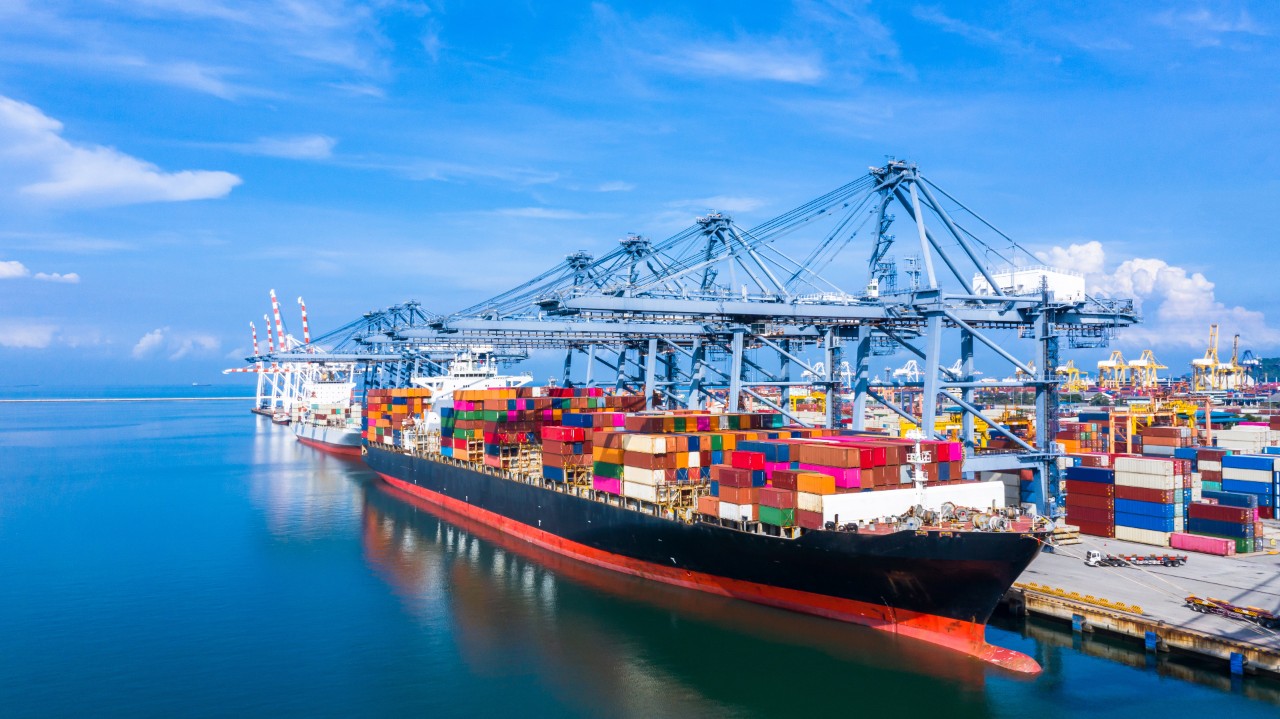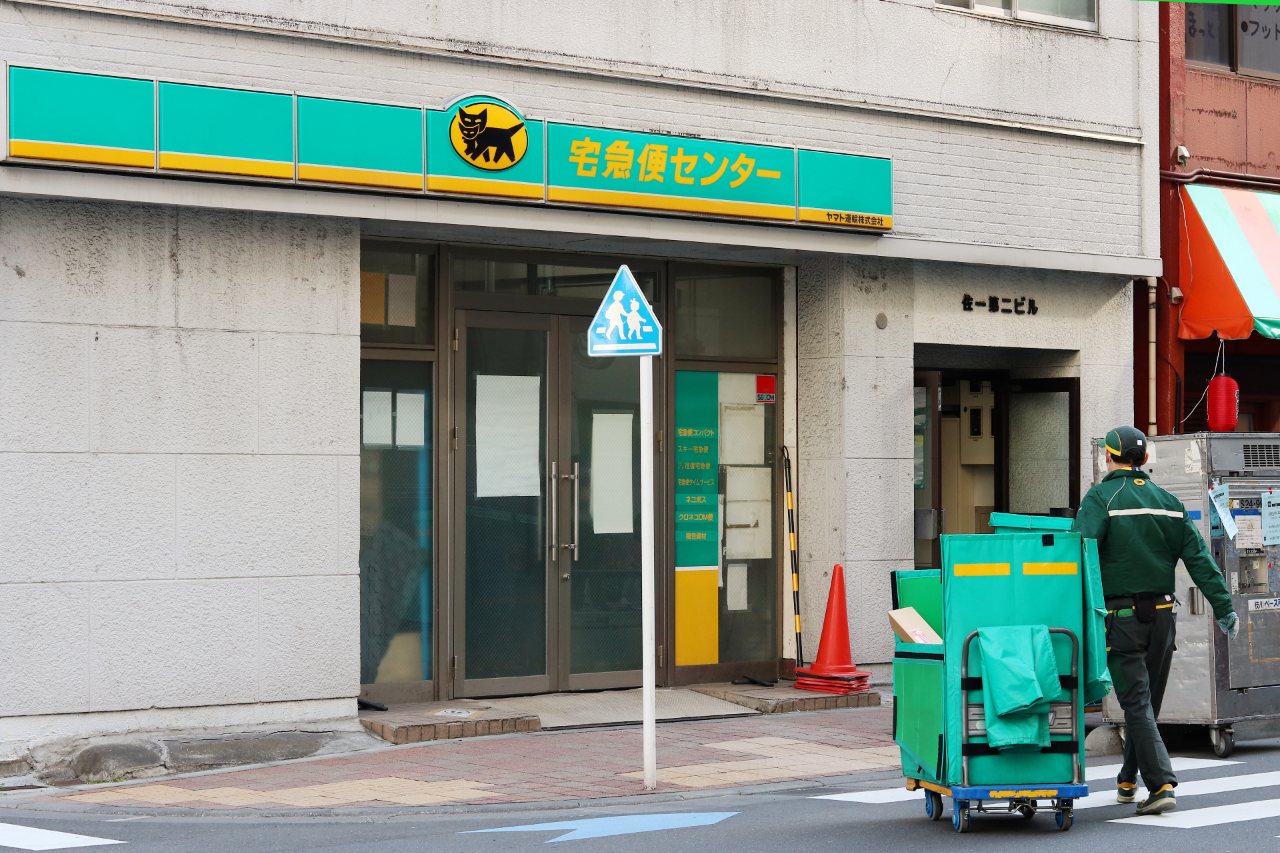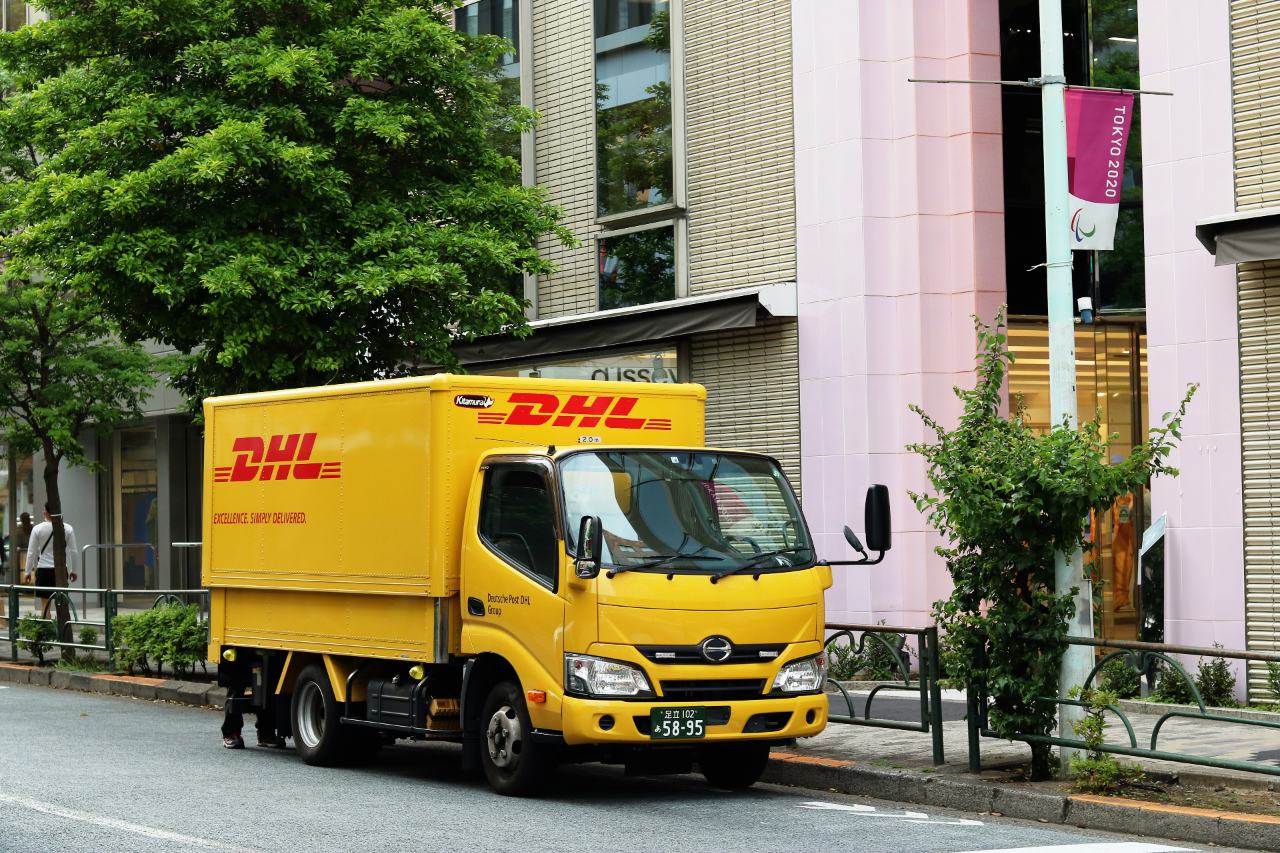Growth in Japan’s freight and logistics market is largely driven by the sheer size of the nation’s ecommerce market, which is the fourth largest globally.
Other important factors include the country’s essential role in the APAC region as a buyer and seller of regional goods; strong exports to Europe and the US; and, an affluent local population with an appetite for products of all kinds.
We explore all this and more in our roundup of Japan’s top freight and logistics companies.
The Japanese Logistics Landscape

Japan is at the centre of the APAC region, which is predicted to become the largest logistics market globally thanks to the expected growth of emerging economies in the region over the next decade. It also has an excellent port network and increasingly sophisticated logistics facilities.
According to Mordor Intelligence, Japan’s freight and logistics market is expected to see an annual growth rate of more than 4% between 2022 and 2027.
Major players in the Japanese logistics market include both domestic companies and global organisations from abroad. These entities are involved in the importing and exporting goods, warehousing, ecommerce fulfilment, transportation and more.
There’s no doubt that companies in this sector have undergone a huge amount of change since the pandemic. At the very least, they have had to find strategic solutions to increasing demand and complicated travel restrictions that severely affected operating models, but many have continued to adapt the way they work to meet the needs of the future.
Automation systems, drone tech, and intelligent tracking systems are among the tools logistics companies in Japan are now employing to meet the increasing demands of the market.
While the effectiveness and relevance of a specific logistics company will always depend on the needs and resources of a client, we’ve outlined 10 of the most reputable and capable companies operating in Japan below.
1. Yamato Logistics

Yamato is one of the best known logistics companies in Japan. As well as handling international shipping services, they operate in every part of Japan and offer standard home delivery services for companies and individuals. If you visit, you’ll see their distinctive courier vans everywhere.
The logistics company was founded in Japan, growing from its Tokyo headquarters until developing what is now the biggest network in Japan. It has around 12 regional offices, 90 branch offices, several thousand fulfilment centres and a formidable fleet of courier staff.
Yamato is also a company that has invested heavily in after-care and follow-up customer service as a brand differentiator, using this to give them an advantage in a competitive market.
2. SAGAWA Express
Sagawa Express is another modestic logistics giant, this time headquartered in Kyoto. It competes directly with Yamato transport for market share and offers very similar solutions, including shipping services, fulfilment services, distribution services, and international freight.
The company has been operating since the mid 20th century and now works with major partners like Amazon, Askul and Softbank. It also offers door-to-door delivery to over 220 countries.
3. Nippon Express
Nippon Express is another domestic logistics giant in Japan. It offers services such as air freight, marine transportation, heavy haulage, warehousing and distribution processing, logistics design, information technology services, chartered truck services and moving services.
The company works with partners in several sectors, including automotive, food, art, electric and telecommunication, aerospace and aviation, fashion and retail, and railway sectors.
Today, it has a growing international presence in almost 50 different countries across North America, South America, Europe, the Middle East, Africa, Asia, and Oceania
4. Deutsche Post DHL Group

DHL is a global international logistics company known across the world. Following its acquisition by Deutsche Post in 2002, DHL services were merged with other businesses to form a comprehensive network of leading supply chain services. As well as expanding to Japan, it now operates in over 220 countries and has a huge workforce of over 400,000.
The company has invested heavily into its automation and tracking systems, endeavouring to provide customers with reliable but also industry-best customer journeys backed by data and technology.
5. Schenker-Seino
Schenker-Seino is the Japanese subsidiary of DB Schenker, a division of Deutsche Bahn and one of the world’s leading transportation and logistics services providers.
In 2002, Schenker-Seino was founded as a joint venture by Schenker AG (a Deutsche Bahn company) and Seino Transportation (owned by Seino Holdings). It is now a renowned freight forwarding company offering air, ocean, and surface forwarding solutions offering solutions through its wide network of facilities and expansive workforce in Japan.
The company has served many global and local firms and handled supply chain management for some of the world’s biggest multinational companies including Apple, Dell and BMW.
6. UPS
United Parcel Service or the UPS an American multinational that handles shipping and supply chain management. It is one of the world’s largest and best known shipping companies, offering a whole range of freight and logistics solutions for its partners.
The company was founded in 1907 and first entered the APAC region in 1988. Its market share in Japan is predicted to grow as well as its capacity increase as new investments are made into facilities and networks in the coming years.
7. Japan Post
Japan Post, or Japan Post Group, is a Japanese conglomerate (a multi-industry company) headquartered in Tokyo, Japan. It was founded in 2007 but its roots go back to 1871 when the modern postal service was established.
Since replacing the old Postal Services Agency of the Ministry of Public Management, Home Affairs, Posts and Telecommunications, it has become a huge multi-industry company that offers services used by a huge proportion of the Japanese population, including banking and insurance services.
8. FedEx
FedEx is another leading international logistics and delivery service that expanded its presence to Japan following global success.
Founded in 1971, it has since become one of the most recognised shipping brands globally and has established a respectable presence in Japan where it is focused heavily on providing delivery solutions for the local ecommece market
How to Choose the Right Logistics Partner in Japan – A Checklist

Many of Japan’s biggest freight and logistics entities offer similar services, but their specialisms, capacity and costs can vary significantly. Below is our checklist for businesses and individuals looking for a new logistics company in Japan.
| Costs | The costs of services can vary significantly and also differ depending on your volumes and frequency. When requesting quotes for large shipping and logistics assignments, make sure to cover the details of your request extensively and ask for additional costs that might apply. |
| Local and Global Coverage | Some logistics companies in Japan have much larger networks than others. Also, some may have a more sophisticated d0mestic network, while others will have a more developed global network. |
| Regulations and Policy | Each company will have its own policy for the transportation of goods. Understanding the limitations or restrictions for certain volumes or product types is important, especially in Japan where local import laws are strict. |
| Specialisms | Most logistics companies in this list will be able to handle door to door shipping within Japan, but not all will specialise in air freight or ecommerce fulfilment. Choosing your partner based on what you need them for is key. |
| English Language Support | If you or your team don’t have Japanese language skills, make sure you check that English account managers and support staff are adequate to handle your project(if you’re dealing with a domestic Japanese logistics company) |
| Reputation | Careful analysis of a company’s reviews is best practice. Leaving ratings and reviews is a big thing in Japan, so finding this kind of information shouldn’t be too difficult. Checking a company’s clientele should also give you an idea of their reliability and suitability for your assignment. |
Learn More About Japanese Logistics and Cross-Border Ecommerce
Final Tips
Your familiarity with a brand name or a recommendation from someone in your network may be enough for you to decide on which shipping company in Japan you want to work with. However, it’s worth doing some additional due diligence when choosing a partner.
If you’re operating in Japan, efficient and reliable deliveries in the ecommerce sector are crucial to customer satisfaction and repeat business. Knowing that your partner can provide the solutions you need for costs that make sense for your business should be a priority.
We always recommend foreign brands selling products in Japan fulfil last-mile, using local storage and warehousing rather than shipping directly from abroad. And sometimes, this may involve using multiple parties to establish an efficient and cost-effective supply chain in place.